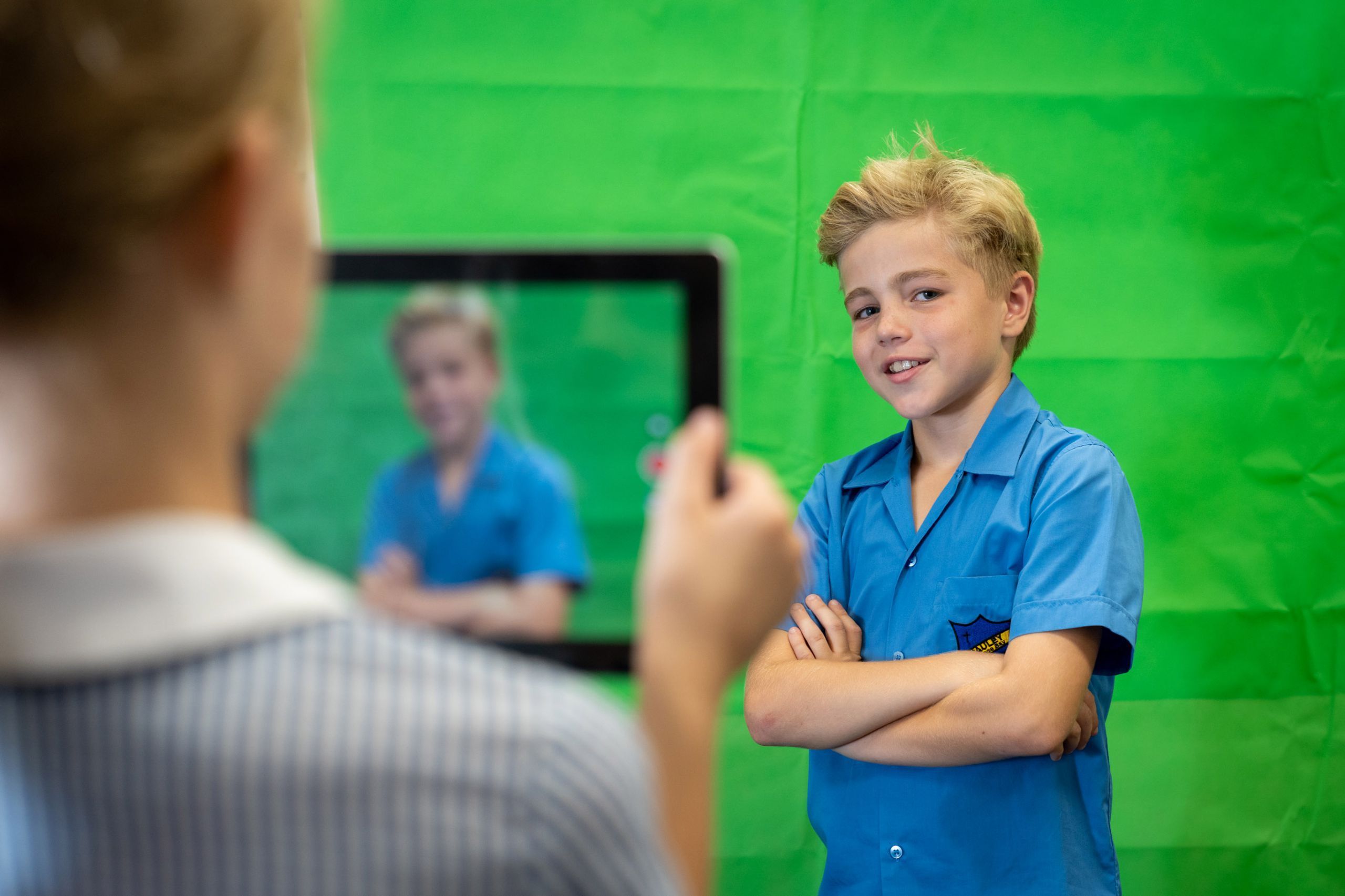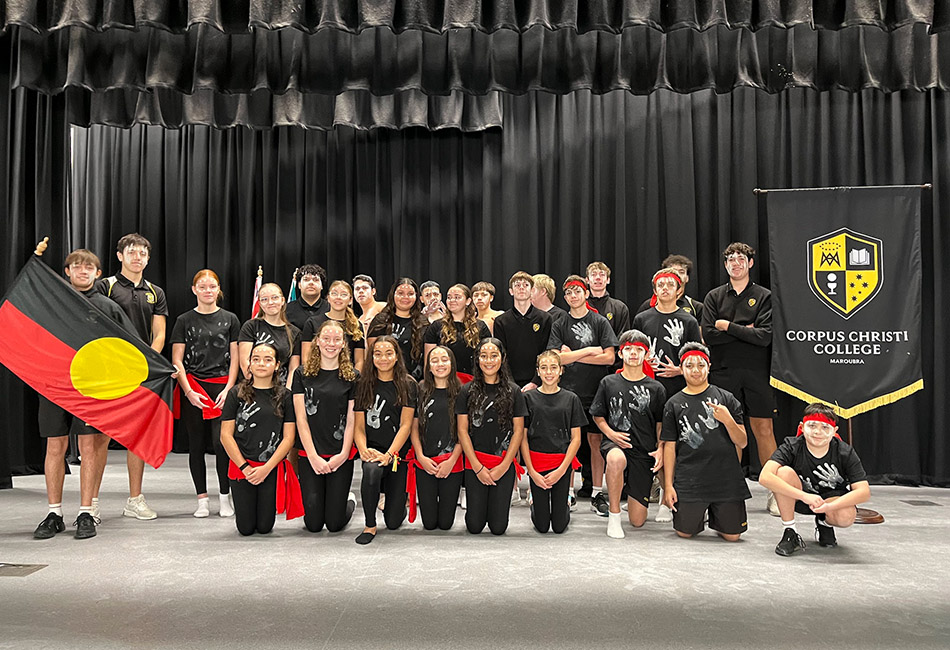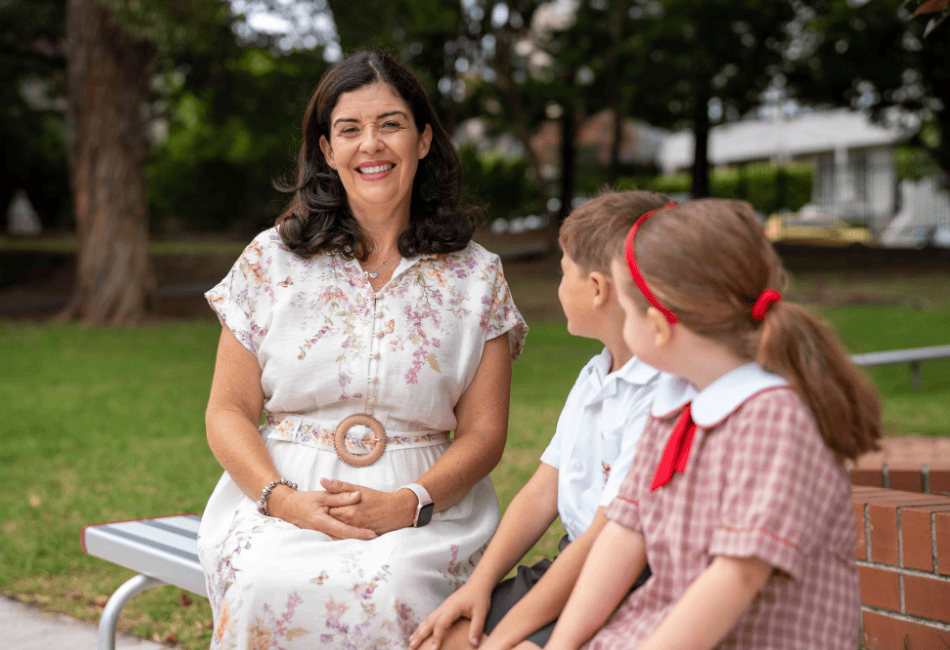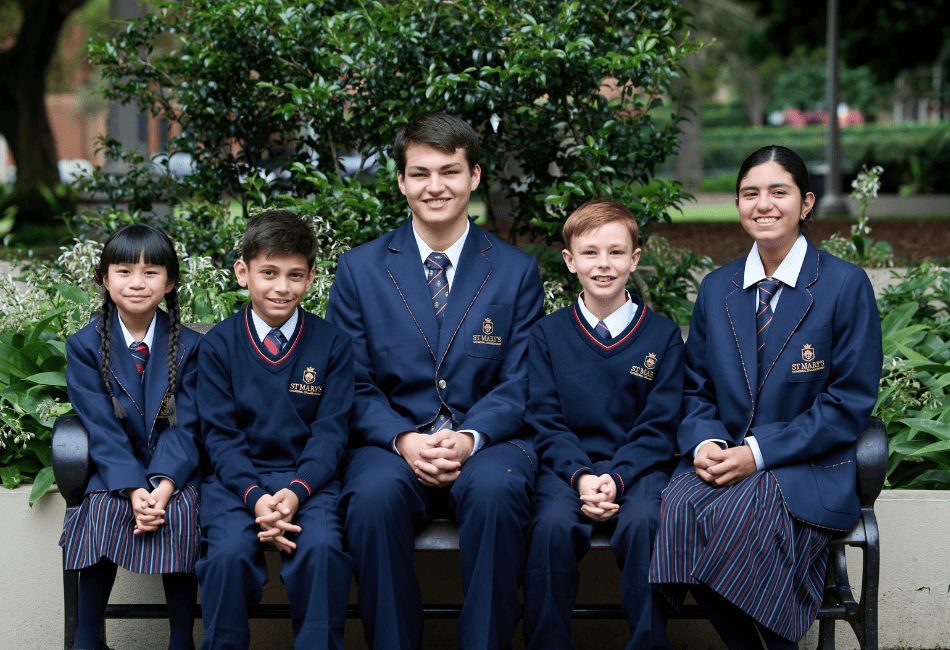An amped-up focus on science, technology, engineering and mathematics is breathing new life into the curriculum at McAuley Catholic Primary School Rose Bay.
Dedicated STEM teacher Odette Esber was appointed this year to hone students problem-solving, coding, touch-typing, digital music composition, filming and video-editing skills.
Teachers are also adding to their skills in the field as part of an integrated approach to STEM that Principal Nicole Jones says will give new meaning to students’ learning across the curriculum.
“With STEM you build confident children who love learning,” she said.
“It develops a set of thinking, reasoning, teamwork, investigative, and creative skills that students can use in all areas of their lives. When they walk away from school they can go into the workplace well-equipped for the things that are going to come their way.
With STEM you build confident children who love learning.
“STEM is not a separate class. We are building students ICT skills in different areas so that when we are integrating STEM into our lessons, it’s a seamless transition.
“For example, for students to get a Sphero to follow a maze they need to code the angle that the robot needs to follow. It’s a seamless way to bring in a maths lesson.”
Students began the year with a cyber safety talk with an officer from Rose Bay Local Area Command, and revisited their school’s acceptable use of technology agreements before diving into technologies including green screen, new tablets and robotics.
“They are not afraid to take risks which is crucial to their learning,” Ms Jones said. “Most importantly, they love it – and when they love learning they learn more.”

STEM to light up learning
McAuley students will also use their developing STEM skills to make a difference to the lives of children in Papua New Guinea without access to electricity.
The students in Years 4 to 6 will build portable solar lights for students in rural provinces along the Kokoda track as part of the Origin Foundation’s ‘Lights for Learning’ program. The initiative helps students in the south-west Pacific nation, where less than 8 per cent of residents have access to the electricity grid, to study after dark.
“The project makes STEM real-world, and shows our students exactly why we are doing what we are doing,” Ms Jones said. “Making these lights will help children living in energy poverty to continue studying long after the sun goes down, improving their education outcomes and overall health and wellbeing.”
Year 6 student and school environment group president Willem Graves leads students in school gardening and sustainability initiatives. He said he was keen to make something that would have a positive impact on the lives of others.
“It will be really fun to make the solar lights,” he said. “I’m excited to do that because I would like to help other places and communities.”







